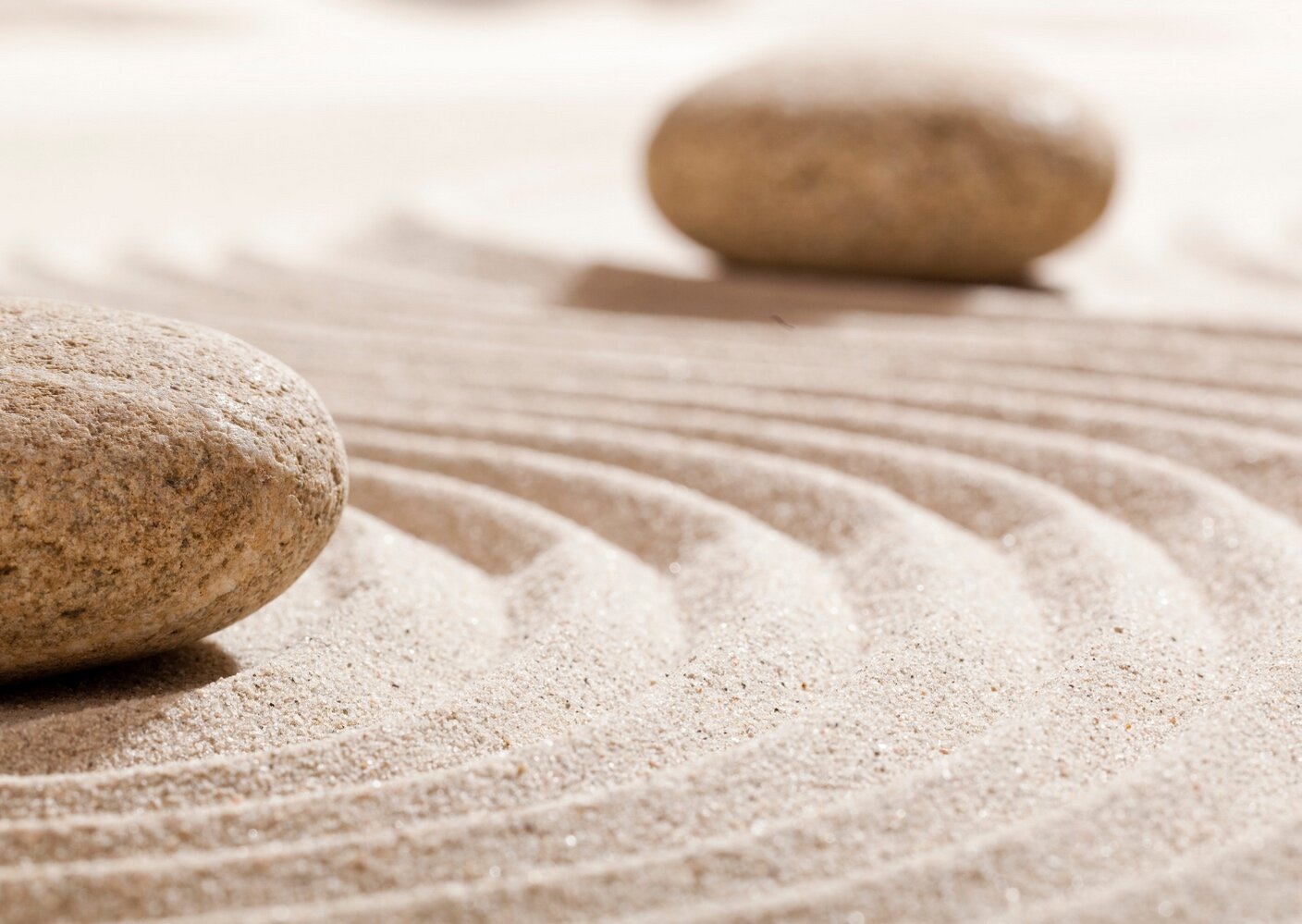Astrology and Self-Reflection

Astrology and Self-Reflection:
Why I Don’t Care If Astrology Is ‘Real’ Or Not
When I tell people that I’m interested in astrology, I receive one of two responses. The first is a positive response involving curiosity. These people are keen to ask questions and investigate their own natal chart, seeing how it might have had an impact upon their life and the decisions, relationships, and experiences that they’ve encountered within it. Often, they’ll ask me to highlight what I know and clarify whether their moon sign could be the reason that they’re naturally sullen, or if their rising sign is the reason that they’re so interested in creative pursuits. However, for every kind response, there is somebody ready to tell me that there’s no way it’s ‘real’, ready to mock the practice of astrologers and say “surely there is no way my life has been dictated by the stars.”
Something the latter group of people are usually quite shocked to hear, is that frankly, I don’t care whether astrology is ‘real’ or not.
Despite my understanding of it, I have never used astrology to make major life decisions. Nor do I believe that I can potentially predict future events, or find my perfect match, simply by looking at the positions of the stars. I do, however, think that the combination of signs within my natal chart is actually a fairly accurate representation of my personality. Whether or not astrology happens to be ‘real’ is, therefore, irrelevant. It’s a wonderful way to practice self-reflection; it’s a way to look at my habits (both good and bad) and consider how they might be having an impact upon the people around me.
Scepticism surrounding astrology tends to be based on its lack of a scientific approach. But really, why are so many of us obsessed with needing a scientific explanation for absolutely everything anyway? Afterall, the things that separate us humans from the rest of life on earth are the things that have little or no scientific explanation (up until now, at least). Science has never been able to fully explain the depths of our creativity, artistic expression, empathy and love, and perhaps, it never will.
Astrology differs from science in that it doesn’t attempt to explain all our of weird and wonderful behaviours, but instead encourages individuals to look inside themselves and recognise that our actions don’t always necessarily line up with our desires.
When I finally got a full reading from a trained astrologer, not all of the details resonated with me. Despite this, there were sections that encouraged me to look at aspects of my personality I had never even considered before. My sun sign (the sign dictated by your birthday, and the one most people have probably heard of) is in Libra, which astrologers might argue makes me inclined towards finding balance in everything that I do. Regardless of whether or not I choose to believe in astrology, learning this has allowed me to reflect upon the fact that I am often driven by a need for justice, sometimes even to a fault. In fact, I’ve realised that my strong aversion to injustice often means that I can appear fickle, and have a hard time being transparent about my feelings in fear of upsetting those around me. Science has little to offer when it comes to exploring important personality traits such as this (without investing years in psychotherapy, that is), whereas astrology can often provide the necessary impetus to do just that.
So, my aim here is not to convince anyone to invest their time in learning about astrology. We’ll probably never know for sure whether the Moon really impacts upon our emotional needs, or if Mercury truly dictates how we communicate with others. Similarly, however, it’s probably going to be a long time before science comes close to fully explaining either of those things either. At the end of the day, it doesn’t really matter whether astrology is ‘real’ or not. At its core, astrology is a practice of empathy: a practice that sparks contemplation of your nature and allows you to consider what parts of it you might like to change.
And really, can anything that encourages self-reflection be a bad thing?
@erinwandersss





